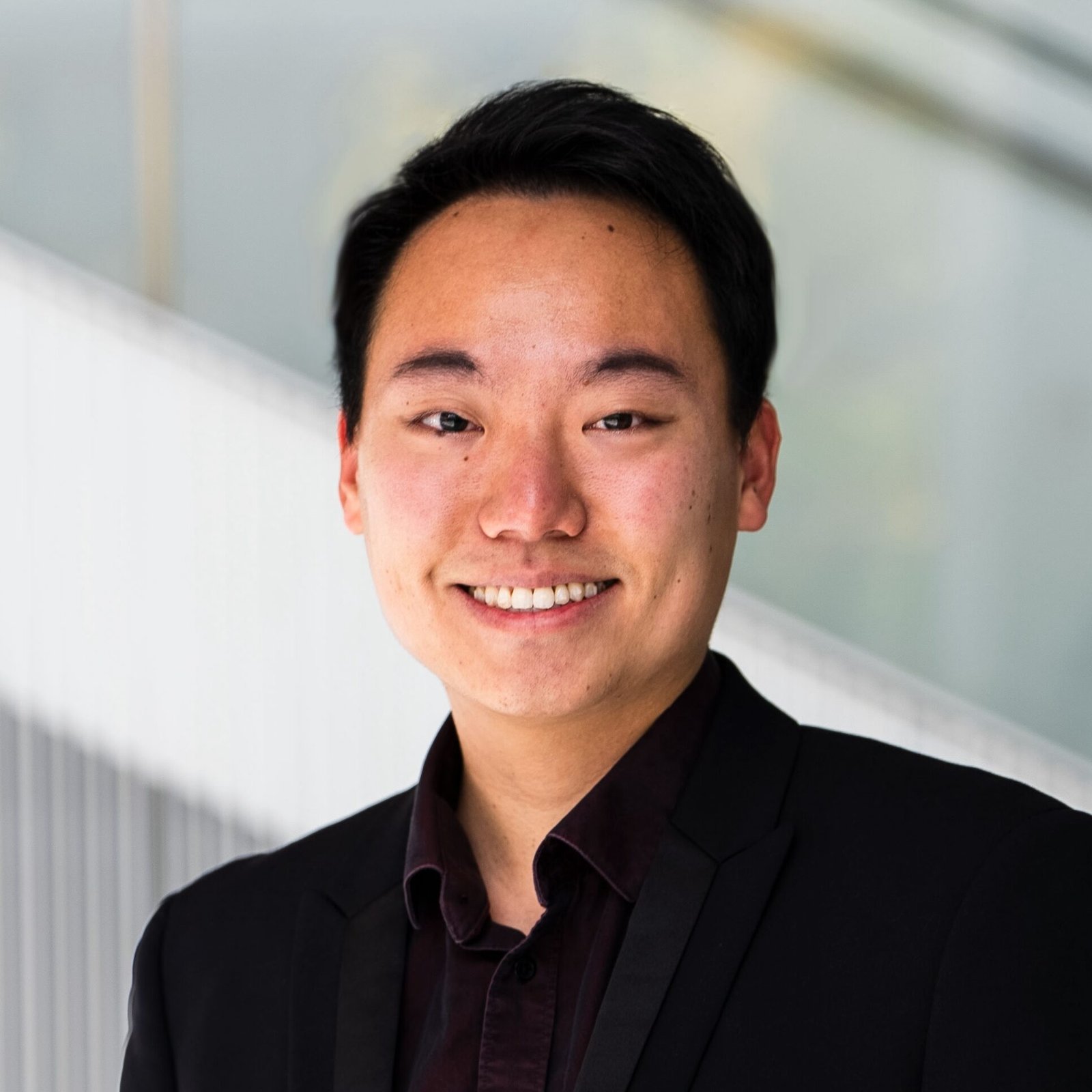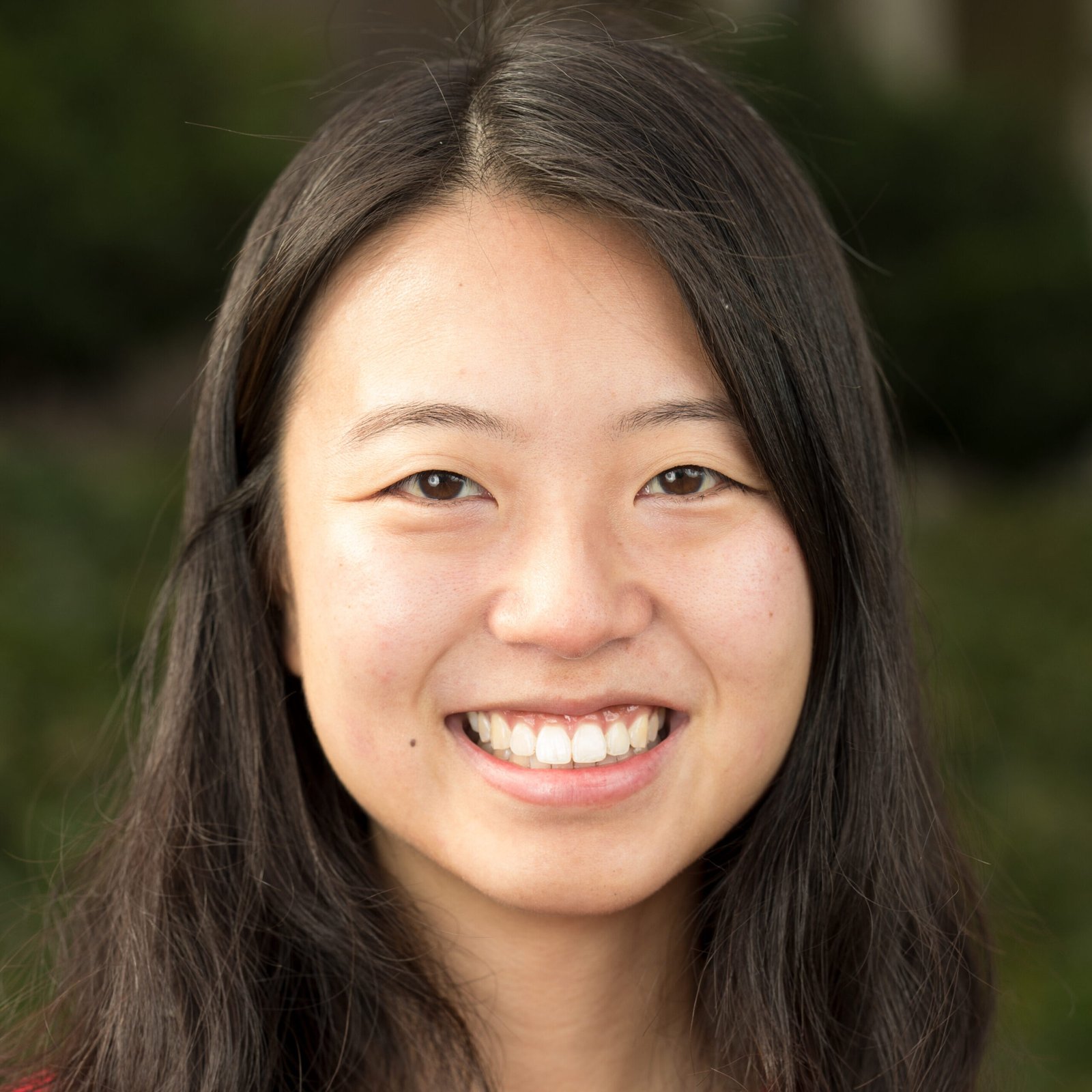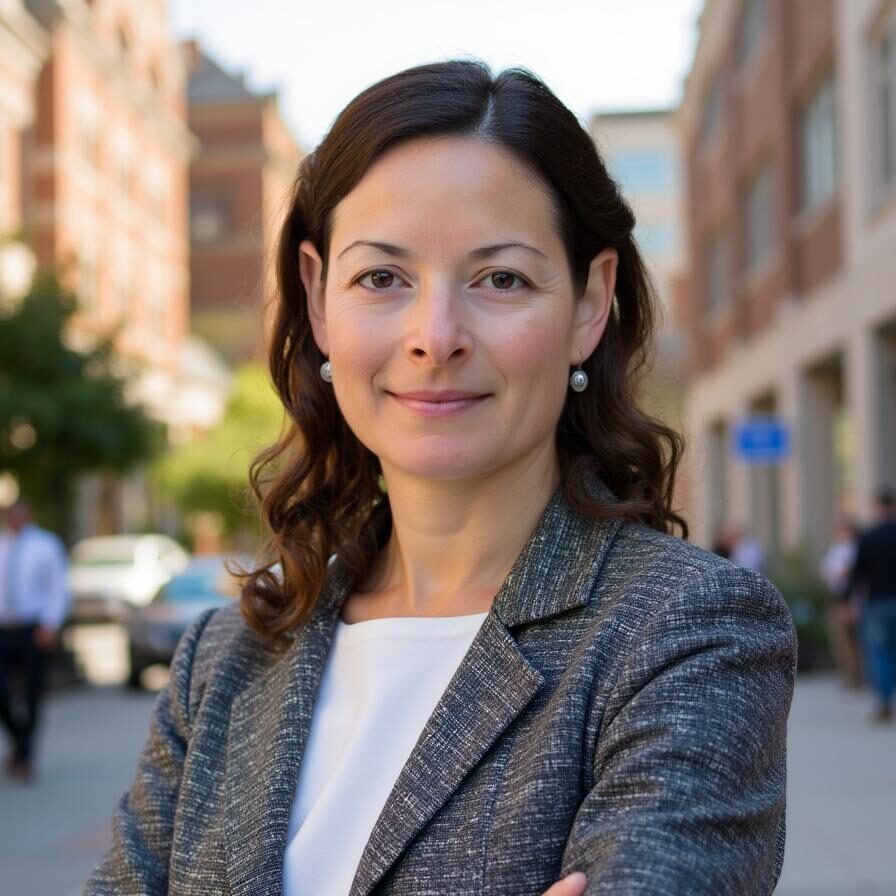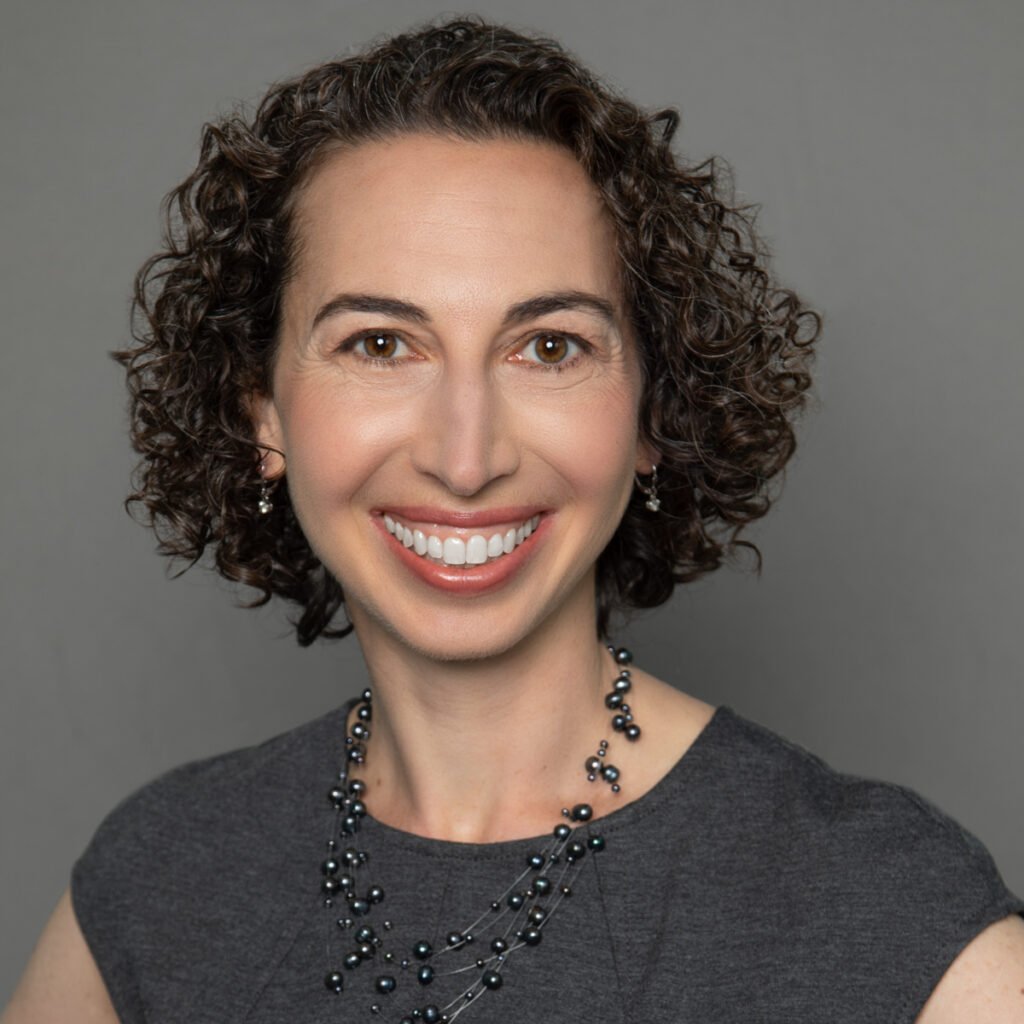
Paul Liang is an Assistant Professor at the MIT Media Lab and MIT EECS, where he directs the Multisensory Intelligence research group which advances the foundations of multisensory AI to enhance the human experience. He is a recipient of the MIT Sony Career Development Chair Professorship, Forbes 30 under 30 in Science, CMU School of Computer Science Distinguished Dissertation Award, Siebel Scholars Award, Waibel Presidential Fellowship, Facebook PhD Fellowship, Center for ML and Health Fellowship, Rising Stars in Data Science, and 4 best paper awards. Outside of research, he received the Alan J. Perlis Graduate Student Teaching Award for developing new courses on multimodal machine learning.

Serena Yeung-Levy, PhD is an Assistant Professor of Biomedical Data Science and, by courtesy, of Computer Science and of Electrical Engineering at Stanford University. Her group develops deep learning methods, particularly focused on visual and multimodal modeling, for analyzing visual biomedical data across scales ranging from subcellular to tissue and whole human level, and including 3D and video in addition to image data. Serena serves as Associate Director of Data Science for the Stanford Center for Artificial Intelligence in Medicine & Imaging (AIMI), is affiliated with the Stanford Clinical Excellence Research Center (CERC), and is a Chan Zuckerberg Biohub – San Francisco Investigator. Prior to joining the Stanford faculty in 2019, Serena was a Technology for Equitable and Accessible Medicine (TEAM) postdoctoral fellow at Harvard University, received her PhD from Stanford University, and spent time at Facebook AI Research and Google Cloud AI.

Pierre Elias is an Assistant Professor in the Division of Cardiology and the Department of Biomedical Informatics at Columbia University Irving Medical Center, where he practices as a general cardiologist. He is also the Medical Director for Artificial Intelligence at New York-Presbyterian. He runs CRADLE, the Center for Cardiovascular and Radiologic Deep Learning, which develops AI technologies for medical imaging to improve the detection and management of cardiovascular disease. CRADLE has screened over 1 million patients for cardiovascular disease using AI in nearly a dozen clinical trials and programs.
Dr. Elias received his medical degree at Duke University School of Medicine in North Carolina. He completed his residency in Internal Medicine and fellowship in Cardiovascular Disease at New York-Presbyterian/Columbia University Irving Medical Center through the Clinician-Scientist Pathway. He has been named a STAT News Wunderkind, received the Emerging Generation Award from the American Society of Clinical Investigation, and the Katz Prize for cardiovascular research. He was previously a data scientist at Lumiata, helping develop Google’s Knowledge Graph for Health.

Julia Adler-Milstein, PhD, is the founding chief of the UCSF Division of Clinical Informatics and Digital Transformation and a professor of medicine. As one of the nation’s foremost experts at the intersection of health policy and health informatics, she has authored more than 250 influential, peer-reviewed articles, which have directly shaped federal and state policy – particularly around health system interoperability and AI governance. Her contributions are regularly cited in outlets such as The New York Times, NPR, and Politico, and have also been recognized through numerous honors, most notably her election to the National Academy of Medicine in 2019 as one of the youngest recent inductees. Since coming to UCSF, she has transformed the University’s contributions to advancing the field of applied clinical informatics. She has secured over $40 million in extramural support, recruited top-tier faculty, launched multiple research centers, and forged a novel partnership with UCSF Health to pioneer approaches to AI monitoring.

Emily Fox is a Professor of Statistics and Computer Science at Stanford University and Chief Technical Advisor at insitro, where she previously served as SVP of AI and Machine Learning. Before joining Stanford, she was the Amazon Professor of Machine Learning at the University of Washington and led Apple’s Health AI team as a Distinguished Engineer. Emily has been awarded a Presidential Early Career Award for Scientists and Engineers (PECASE), Sloan Research Fellowship, ONR Young Investigator award, and NSF CAREER award. Her research interests are in machine learning and causal AI for biohealth applications.